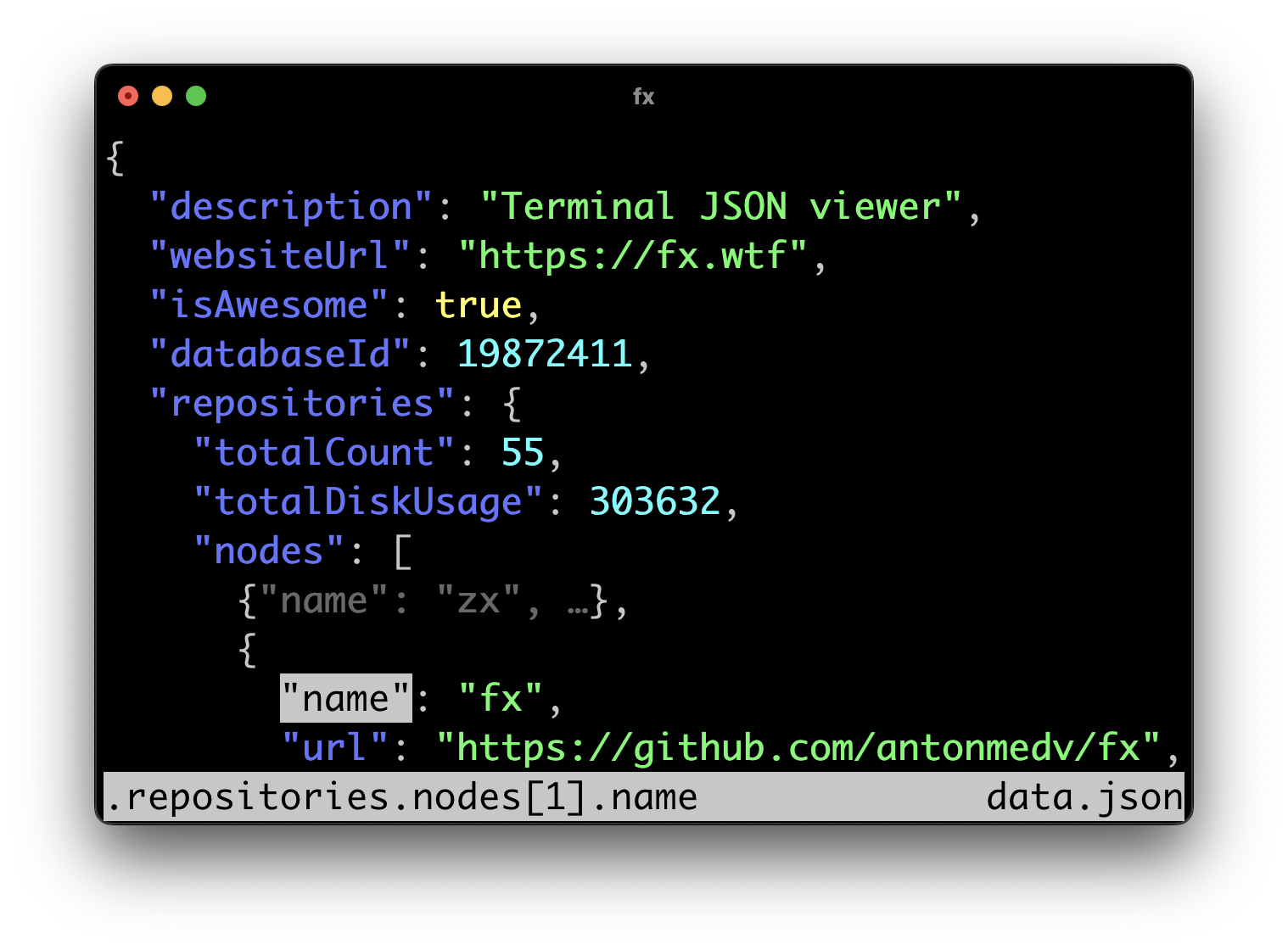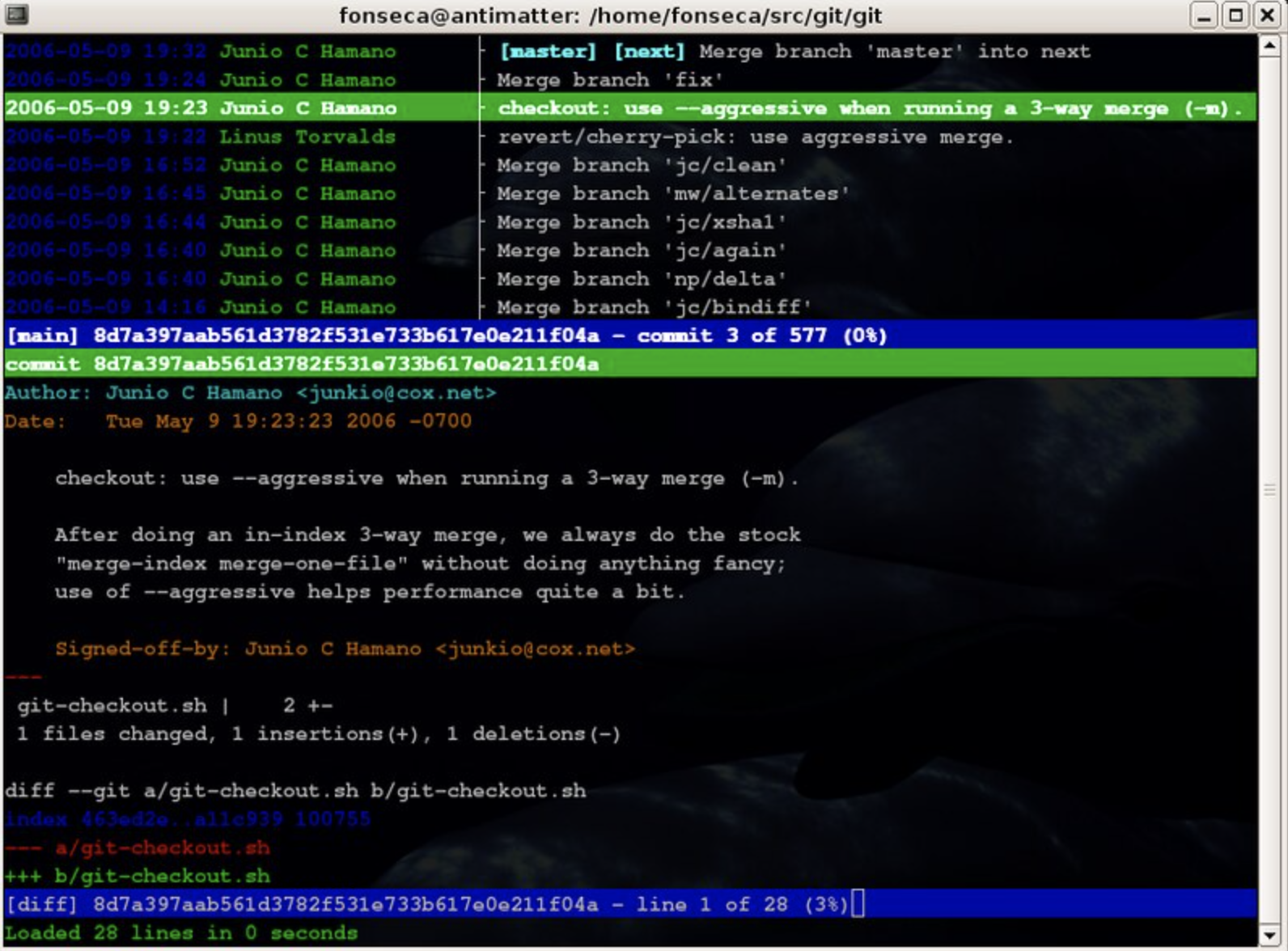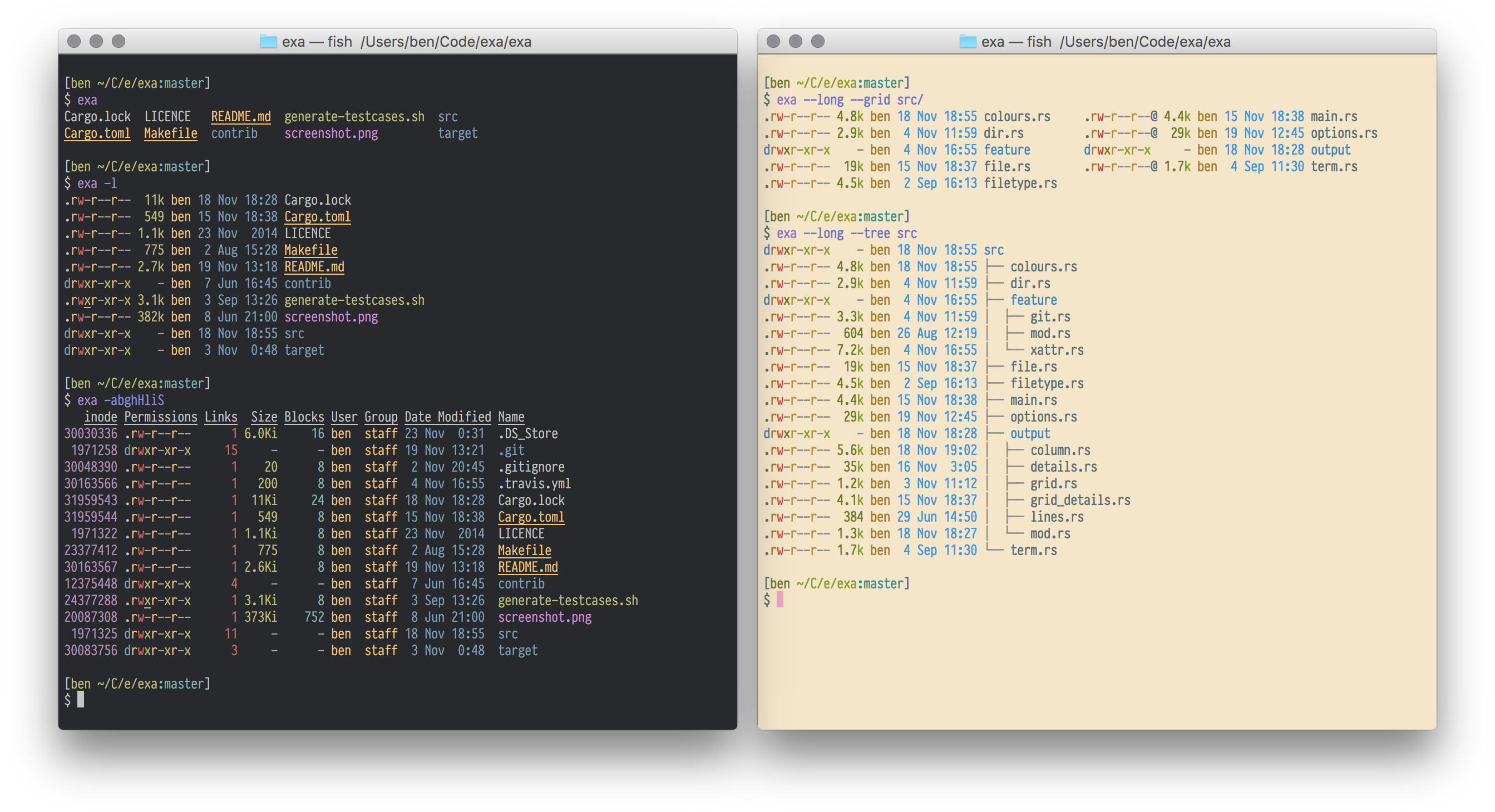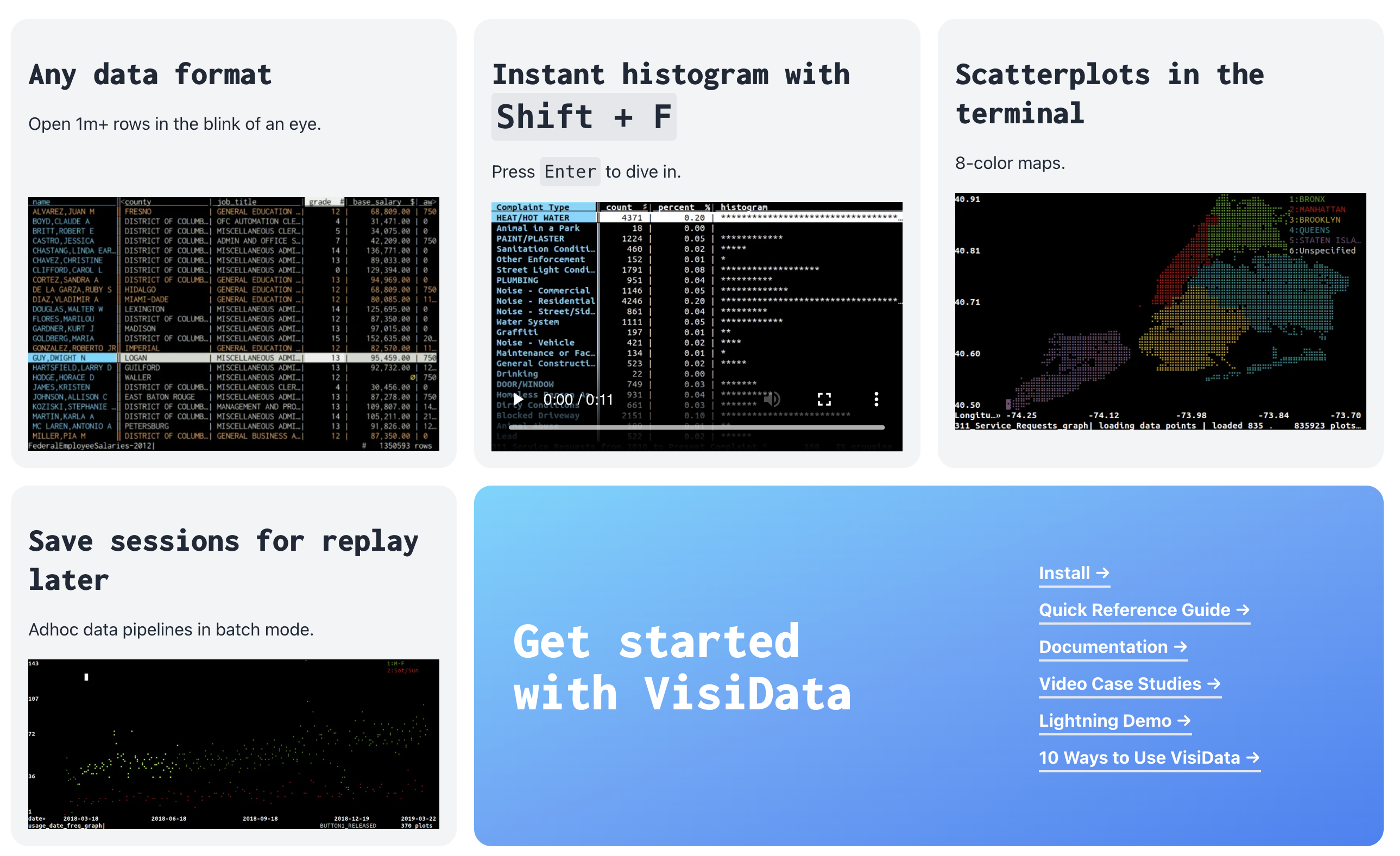useful CLI tools from other planet
I’ve already written a short post about me using fzf on this blog. And I still use it, it still is awesome! :)
But there are more tools like that. Maybe this is just my optics, but with the recent (at least 2 last years) rust’s rise to popularity, there are a lot of small tools doing a single task, or focusing on specific kind of problems. And they of course target terminals! Because it’s obvious you can do many things on the web, but terminals are way cooler, and way more useful if you stick to them for the majority of your workflow.
I’ve mentioned rust and part of those apps is written in it, but it’s not the only language used of course. There’s c++, c, go and many more. What I find really interesting is to have those domain or task specific tools as self-contained as possible. Of course you can write all that in python, php, java - or you name it, what kind of language, but I’m here for the quality, speed, and ease of use - as I target those as my daily drivers for the terminal environment.
So, let’s try to do a short summary of those tools!
fx - terminal json viewer
https://github.com/antonmedv/fx
Yep - you probably have jq already installed, as it’s somewhat a go-to tool for JSON exploration, but what I like in fx is it’s interactivity. It makes sifting through big JSON files pretty sweet!

entr - run arbitrary commands when file change
https://eradman.com/entrproject/
It does what it says - and just that. Seems awesome for all those small tasks, when you want to track changes in a dir structure! There’s a great section with examples on the project’s page, but this one is just for an illustration.
This snippet will rebuild project if files change.
$ ls | entr make
tig - just a CLI based gitk replacement
For all those times, when you’d like to have a view of your git repository in the terminal. Of course, you can get similar stuff with git aliases, like https://github.com/jakubnabrdalik/gitkurwa provided git llog. tig is for cases, when you want more, or you just don’t want to setup your own, custom git env on remote host.

jc - convert command-line tool output to json or dictionary
https://github.com/kellyjonbrazil/jc
This is actually a python library - but CLI related. You can use it both, as a python library, in other programs, or as a command-line tool.
It’s useful if you want to interface with already established unix-based programs. Suppose there’s already a decent CLI tool to do sth on Linux machine. You can either look for the reimplementation of its functionality in python - or you can try to use the original tool. But then how to use it’s output in an elegant way? Well, that’s where jc comes in.
It offers a bunch of parsers, to be used depending on the command executed. Full list is here: https://github.com/kellyjonbrazil/jc#parsers
>>> import subprocess
>>> import jc
>>>
>>> cmd_output = subprocess.check_output(['dig', 'example.com'], text=True)
>>> data = jc.parse('dig', cmd_output)
>>>
>>> data[0]['answer']
[{'name': 'example.com.', 'class': 'IN', 'type': 'A', 'ttl': 29658, 'data':
'93.184.216.34'}]
xsv - a fast csv parser
https://github.com/BurntSushi/xsv
Rust-based csv parser. Blazingly fast, have a bunch of good enough features. Actually all it’s analytical functions can be rather easily implemented in python using pandas. But would it fit everyone? Probably not, as you need to know both python and pandas, with all its finices.
Whereas here, you get an ordinary text parsing tool, that can help with a lot of basic
$ xsv stats worldcitiespop.csv --everything | xsv table
field type min max min_length max_length mean stddev median mode cardinality
Country Unicode ad zw 2 2 cn 234
City Unicode bab el ahmar Þykkvibaer 1 91 san jose 2351892
AccentCity Unicode Bâb el Ahmar ïn Bou Chella 1 91 San Antonio 2375760
Region Unicode 00 Z9 0 2 13 04 397
Population Integer 7 31480498 0 8 47719.570634 302885.559204 10779 28754
Latitude Float -54.933333 82.483333 1 12 27.188166 21.952614 32.497222 51.15 1038349
Longitude Float -179.983333 180 1 14 37.08886 63.223
Other nice tools
- https://github.com/sxyazi/yazi - file manager
- https://github.com/BurntSushi/ripgrep - a grep alternative
- https://github.com/eza-community/eza (replacement for https://github.com/ogham/exa, which is now an abandoned project) - a modern ls replacement

- https://www.visidata.org/ - interactive tool for tabular data

To conclude
There are a lot of great tools like those mentioned above. Some will fit you, some won’t. It’s nice to have a diverse set of tools in your tool belt, to be used in the time of need!